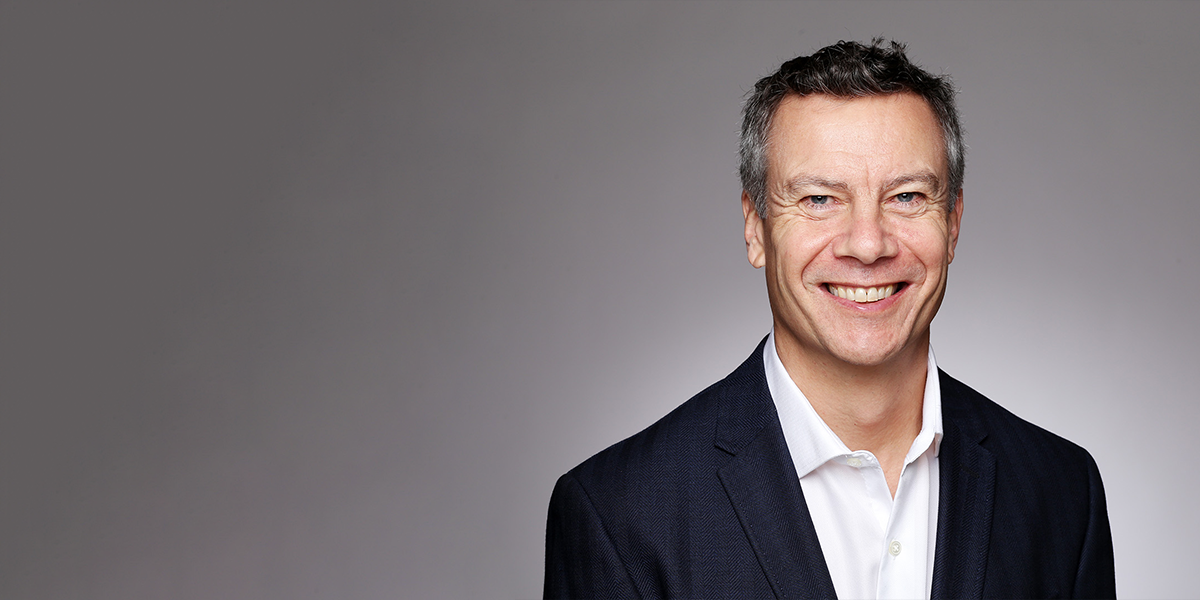
March 4, 2021
Dr. Derek Eaton is Smart Prosperity Institute’s new Director of Public Policy Research and Outreach. He is an esteemed, highly-regarded environmental economics leader with extensive global experience -- and is leading a new program of work at SPI focussed on clean competitiveness roadmaps.
For more than 25 years, I’ve been working on policy to support sustainability in various types of organizations, including the United Nations, the Canadian government, universities, research institutes, consultancies, and think tanks. This wide experience across science, policy and practice has really informed my thinking on policy processes and how change happens. I’ve spent lots of time listening to entrepreneurs and farmers at the far end of supply chains in Africa and Asia. At the other end of the spectrum, I’ve found myself advising senior government officials in Europe as well as Canada, and participating in OECD and UN working groups and committees, and their related negotiations. When you work to promote better policy, it helps considerably to appreciate all perspectives: those working within the limits of our systems of government to develop new initiatives; those developing ideas; and those with the most skin in the game.
Similarly, I have found it more enriching to develop my skills and knowledge in a more general, instead of narrow, way. I have worked on a wide range of environmental and social topics, including agriculture, forestry, biotechnology, climate, biodiversity and nature conservation, innovation, industrial development, education, health, trade, finance, indicators and metrics, Sustainable Development Goals (SDG) frameworks…. Certainly, there have been some deep dives, such as my PhD-related research on the role of intellectual property rights in innovation. In the end though, I find it more stimulating to find ways to connect the dots between issues and ways of thinking about them, as well as between communities.
I’ve spent most of my career outside of Canada, primarily in Geneva, the Hague, Amsterdam and London. Some of this work was on global policy questions, such as producing the Green Economy Report with UNEP. Other work was much more purely European, such as advising the European Commission’s Directorate General on Climate on the incorporation of land use emissions into the Green Deal. I have also collaborated with partners in various countries of Africa, Southeast and East Asia – such as developing a new climate change and green growth policy and strategy for the African Development Bank.
I now feel that it is time to contribute to my home country, Canada. In some ways, this might be the next frontier in expanding my appreciation of policy for social and environmental sustainability. At the same time, there seems to be growing commitment and interest here to finding solutions to the challenge of aligning economic policy with environmental limits. So the time seems right.
I’ve maintained contact with SPI since its early days. The team here has had considerable influence on the agenda and the conversation in policy circles. The work has recently broadened into some areas, such as biodiversity, land use, health, labour markets, which mirror my own varied experience. There is a need to further integrate ideas concerning environmental, social and governance issues as we work to develop acceptable and workable solutions. This is about new partnerships across different communities. SPI is well placed within the environment-oriented think tank landscape to be one of the leaders in this effort.
The development of clean competitiveness roadmaps was a key recommendation of the Expert Panel on Sustainable Finance in 2019. Aligning the economy with environmental realities means thinking hard about where the economic opportunities of the future lie for all the sectors and regions of the Canadian economy. Businesses and governments are increasingly committed to achieving net-zero emissions and now also zero waste. And there is a growing appreciation of the need for governments to play a lead, coordinating role in nudging and shaping technologies and markets. Just look at the latest book by Bill Gates, making just this point.
We need to think about where the opportunities for Canada lie in cleantech and innovation, across all our producing sectors. Of course, we’re talking here about changes over the next 10-30 years. Some of the seeds of this change have already been planted and are germinating, but in some other fields, we have barely broken ground. We can’t expect to know what all the sure bets are, so we need to have a basket of options. Nonetheless, just as with investments, we can have targeted strategies of where to invest – with both public and private resources – in order to maximize our expected returns and manage risks. And a key part of this strategic approach entails integrating research, innovation, business development, finance and policy.
Many have commented that the pandemic marks an historical pivot in many ways. But we also need to take a forward-looking perspective. Where history finds us another generation down the road depends on decisions we take now – on how we choose to support those needing revived or new work prospects; on how we increase our resilience for future health and environmental shocks; and on where we focus efforts on products, businesses and jobs of the future. Last year, SPI worked quickly and effectively with partners to develop a framework for a resilient recovery. It’s important to realize that doing the necessary thinking and talking for our resilient future is hard work. The answers to these questions are not all lying on a shelf somewhere. In the last few weeks, we have seen though some weighty additions to the bookshelf – the publication of the Canadian Institute for Climate Choices report on Canada’s Net Zero Future, and the Transition Accelerator’s report on Pathways to Net Zero. These timely and valuable additions point out numerous possibilities and should help focus efforts across government, business, civil society, and First Nations to develop them.